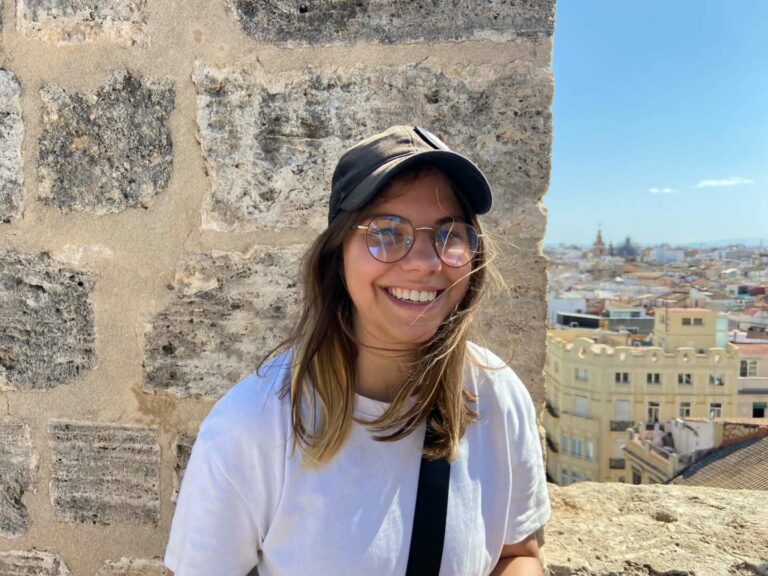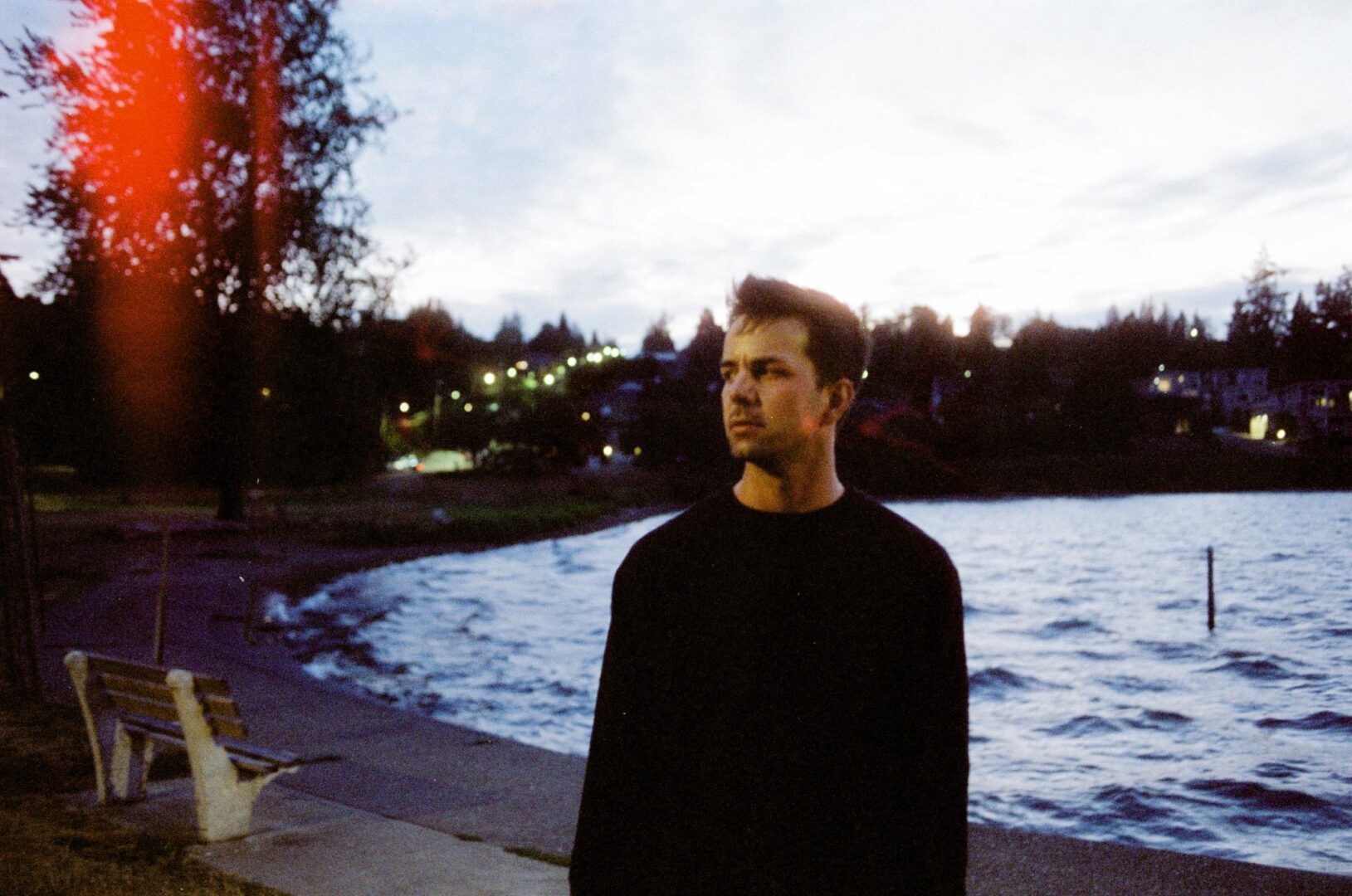We were lucky to catch up with Andrea Clark Horton recently and have shared our conversation below.
Andrea, so good to have you with us today. We’ve always been impressed with folks who have a very clear sense of purpose and so maybe we can jump right in and talk about how you found your purpose?
I have always loved puzzles. As a girl, I discovered this ability to put the separated pieces of a whole together in a way that reflected the beautiful image intended. While some may have used angles and calculations to help construct a whole from parts, I have always had the unique ability to hear and see the stories of each part, and let those stories guide me to piecing together the image. The puzzle, in its final and completed state, reflects the picture on the box, but your can always discern the lines that divide piece from piece, shape from shape. The final puzzle reflects that image, but it is never smooth or without those lines. Puzzles are an apt metaphor for my road to finding my purpose. My undergraduate degree from Oberlin College, a small school right outside of Cleveland, Ohio known for its academic rigor and its commitment to social justice, was in African American Studies. My senior thesis about black women’s relationship to what we know at public assistance programs, or “welfare” and the origins of the “welfare queen” stereotype would lead me to my first job as an Administrative Intern with the Illinois Department of Human Services, where I would meet with and hear the needs of black and brown women, contravening the idea of the lazy “welfare queen” while working two or more jobs, all while caring for children, attempting to finish school and make ways for their children to have more than what they every had.
The desire to fight for these women and their children in more profound ways led me to law school at Loyola University of Chicago. I took every opportunity offered to learn about child law, volunteer time in the juvenile detention center and coach Chicago Public Schools mock trial students. I worked my way through law school in the evenings, spending my days as a law clerk in the Chicago Public Schools law department, advocating for the safety of students and later representing the system in employee discipline discipline cases. For some reason, about 5 years into my career, I was being assigned many of the cases where teachers had done inexplicably cruel things to the students in their care. Verbal abuse, physical abuse, emotional abuse, and yes, sexual abuse. I will never forget my supervisor telling me that I had a way with the victims, they seemed to respond to me. I made them comfortable. I heard them. I helped other people hear them.
About seven years into my legal career, I felt a clear calling to leave the practice of law and follow a very unclear path to ministry. I resisted. For three years, I continued to grow into my job as an attorney. I hated it, but I loved the people I was able to advocate for. I hated the arguing, the paperwork, the isolation of lawyering. But I loved making people who had been victimized by those who were supposed to care for them feel seen, and heard and protected. I hate the stress. And although I know there is no scientific link between stress and maternal health, I can’t help but think that the stress and sadness took up so much space inside of me, that the three babies I los while lawyering could not find room to grow.
When I finally accepted the call to ministry two years after my third pregnancy loss, I did not know that it would come with a call away from practicing law, taking an almost 70% pay cut, returning to seminary as a full time student, and becoming a mother. I left my job in December 2012. I became pregnant with my now 10 year old son in January 2013.
My experience with pregnancy loss led me to the work of hospital ministry, or chaplaincy. I knew what it was to feel isolated, alone, not understood or seen after losing a baby. I wanted desperately to alleviate that feeling for other women. It was in my 6 years as a chaplain for Women’s Health at a big hospital in my hometown of Chicago that I became deeply concerned about people’s perceptions that mind, body and spirit were not connected. From personal experience, I knew better. I wanted to better understand how to effectively help people make the connections between their spiritual and mental health. I wanted people to know that someone saw them in the fullness of who they were. I wanted to help people see themselves in that way. I knew I was being called back to school to study a way to bridge mental and spiritual health, and to illuminate the importance of doing so for people who are routinely overlooked. When I decided to yield again to the call to pursue my PhD, I also knew that I was being called into work which would allow me to ensure that I had a platform to shine a light into the margins of a population people don’t think about, and an issue people don’t talk. about – perinatal mental health.
I came to Postpartum Support International in 2022 to serve as the inaugural Director of the Perinatal Mental Health Alliance for People of Color. Being able to work in an area and on issues with such deep personal meaning is not something I take for granted. I feel now that as an advocate, a guide, a manager, a preacher, a pastor, a visionary, a therapist, a loss mom, a boy mom, a scholar and a black woman – I now feel like I finally see me. When you see me, you may see a smooth surface, but I know where the lines are…and I finally see how all of the pieces fit.
Thanks, so before we move on maybe you can share a bit more about yourself?
I am the Director of the Perinatal Mental Health Alliance for People of Color (The Alliance) with Postpartum Support International (PSI). My program works to bridge the gap in perinatal mental health services for communities of color and to provide professional development and support for the providers who treat birthing people and their families during the perinatal period. We aim to help develop the BIPOC perinatal workforce through education, professional peer mentoring and providing platforms for providers of color to share their expertise and brilliance with the world.
I am most excited about continuing to color the conversation on perinatal mental health, doing my part to address inequities in perinatal mental health care, while reducing stigmas to accessing care in communities of color. One of the ways we know practice in mental health care changes is by researching and publishing findings which may suggest new ways of engaging with patients. Put simply, research informs practice. BIPOC birthing people are understudied and underrepresented in perinatal mental health research. To that end, this year, The Alliance is launching the first ever Alliance Fellowship Program. Our fellows will be practitioners of color from across the United States who will form a cohort of professionals to support one another in their continuing endeavors in their respective fields, while receiving in depth training in issues pertinent to BIPOC people in the perinatal population, and producing research projects on issues pertinent to perinatal mental health equity. Our goal is to have that research published in a respected academic publication and to ultimately contribute to the conversation about equitable perinatal mental health care.
Looking back, what do you think were the three qualities, skills, or areas of knowledge that were most impactful in your journey? What advice do you have for folks who are early in their journey in terms of how they can best develop or improve on these?
I think the three most impactful qualities, skills or areas of knowledge were:
1. Flexibility – Being able to adapt to changes, and to be resourceful in solving issues have perhaps been the most important ingredients in any success I have had thus far. Learning how to let go of the vision or plan you had in order to be in the moment and serve the greater need is an important skill.
2. Resilience – I have come to reframe my understanding of failure. Failure is part of the process and it comes to direct you toward the path to success. I have come to learn that when I don’t succeed at something, even when I have given it may all, there is still something to be gained. In the words of Nelson Mandela “I don’t lose. I either win or I learn.” Resilience is all about how you get up from a failure and use what you’ve learned to keep pushing forward.
3. Being Intentional about Experiencing Joy – My time as a chaplain let me see that life is short and it is precious. I have a note that I have written to myself that is clipped to the board above my workspace in my home office. It says that I will make space to experience joy and laughter every day. Whether it is having a tickle war with my son, laughing with a friend or watching animal videos on social media – I am intentional about experiencing the medicinal salve of my own laughter each and every day.
To close, maybe we can chat about your parents and what they did that was particularly impactful for you?
The most impactful thing my mother and father did for me was to instill in me the belief that I have whatever I need inside of me to do whatever it is I am called to do. I think equally as important is something that my mother has said to me at the beginning of the school year every year, “I know you don’t like change, but change is the only constant in life.” Making peace with that idea, and willfully reorienting my relationship to change has allowed me to welcome change and any and all feelings that may accompany it – happiness, fear, sadness, excitement. To know that to change is to be alive and to engage with the power inside of me to continue evolving into the best me I can be, gives me courage to charge ahead in the face of the unknown. Thanks Mom and Dad.
Contact Info:
- Website: https://www.postpartum.net/perinatal-mental-health-alliance-for-people-of-color/ (business) and https://andreahortonesq.wixsite.com/beautifulpieces (personal)
- Instagram: @pmhapoc
- Linkedin: linkedin.com/in/andrea-clark-horton-2609837








